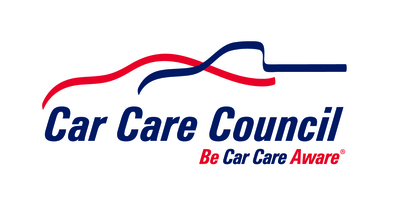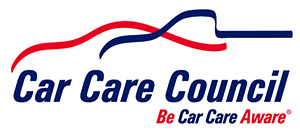BETHESDA, Md., Nov. 1, 2017 /PRNewswire-USNewswire/ -- Motorists may not know much about their fuel pump but over the life of owning a vehicle, it will probably need to be replaced. One area that often gets overlooked when putting in a new fuel pump is cleaning the gas tank. The Car Care Council recommends that when it comes time to replace your fuel pump, that you have your gas tank cleaned thoroughly to avoid damaging your replacement fuel pump. A clean fuel tank can also ensure maximum engine performance and fuel efficiency.

"While a vehicle's fuel pump is not a routine maintenance item, it will likely need to be replaced at some point while you own a car," said Rich White, executive director, Car Care Council."Before replacing a defective fuel pump with a new one, the fuel tank should be properly cleaned to clear old debris, dirt and contaminants that have accumulated at the bottom of the tank."
Whether performed by a professional service technician, or you do it yourself, follow this 10-step process to clean your gas tank properly and avoid damaging your new fuel pump:
- Drain fuel tank into an approved container.
- Clean rust and debris from the top of the fuel tank.
- Remove fuel pump.
- Swirl gas tank. Pour out remaining gas and debris.
- Clean the tank interior with a low-suds soap and water mixture.
- Swirl cleaning solution inside tank.
- Drain tank and dry with compressed air.
- Wipe out tank with lint-free towel.
- Visually inspect tank. Replace tank if damaged
- Confirm tank is completely dry (may take approximately 30 minutes).
"The original fuel pump that came with your vehicle when you purchased it went into a clean gas tank so it only makes sense to put your replacement fuel pump into a clean gas tank as well," said White. "Cleaning the gas tank will not only improve engine performance, but it will also lead to better fuel economy so you pay less at the pump – a goal of most vehicle owners."
The Car Care Council is the source of information for the "Be Car Care Aware" consumer education campaign promoting the benefits of regular vehicle care, maintenance and repair to consumers. For a copy of the council's Car Care Guide or for more information, visit www.carcare.org.
SOURCE Car Care Council
